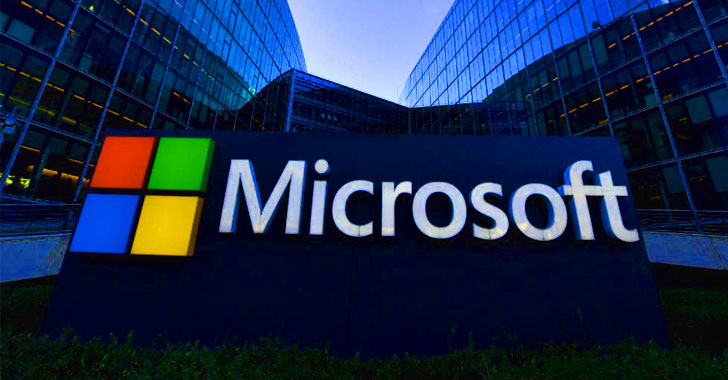
Microsoft has announced its decision to relinquish its observer seat on the OpenAI board, a move influenced by increasing regulatory scrutiny over generative artificial intelligence in both Europe and the United States. This decision was communicated in a letter from Microsoft’s Deputy General Counsel, Keith Dolliver, to OpenAI.
The letter highlighted that while the observer seat had provided valuable insights into OpenAI’s board activities without compromising its independence, the position is now deemed unnecessary due to significant progress by the newly formed board. Microsoft and OpenAI have yet to publicly comment on this development.
The European Commission had previously indicated that Microsoft could face an antitrust investigation, focusing on the markets for virtual worlds and generative artificial intelligence. In January, the Commission stated it was examining agreements between large digital market players and generative AI developers, with particular attention to the collaboration between Microsoft and OpenAI.
Although the EU concluded that Microsoft’s observer seat did not affect OpenAI’s independence, regulators are still seeking additional third-party perspectives on the deal. Meanwhile, the UK’s Competition and Markets Authority continues to express concerns regarding the partnership.
Microsoft took on the non-voting board seat at OpenAI in November as part of an effort to address questions about its interest in the AI startup. This move followed a period of turmoil within OpenAI, during which CEO Sam Altman was briefly fired and then rehired.
OpenAI has garnered significant global attention since the release of its ChatGPT chatbot in late 2022. This technology allows users to input simple text queries and receive intelligent, creative responses, leading to more detailed conversations. Microsoft has invested an estimated $13 billion in OpenAI, solidifying its position as a leader in advancing foundational AI models.
The decision to give up the observer seat comes amid a broader landscape of regulatory scrutiny and market competition. The European Commission’s antitrust investigation reflects growing concerns about the influence of large tech companies in the AI space and their potential to stifle competition. By stepping back from the observer role, Microsoft aims to alleviate some of these concerns and demonstrate its commitment to maintaining OpenAI’s independence.
Regulatory scrutiny is not confined to Europe; U.S. regulators are also increasingly attentive to the dynamics between major tech firms and emerging AI technologies. Microsoft’s move can be seen as a preemptive step to mitigate potential regulatory backlash in its home market as well.
Despite relinquishing its board observer seat, Microsoft remains deeply invested in OpenAI’s success. The partnership between the two companies has been instrumental in driving advancements in generative AI, and their collaboration is expected to continue, albeit with a clearer separation in governance.
As regulatory bodies in Europe and the U.S. continue to scrutinize the relationships between major tech firms and AI developers, Microsoft’s decision to step back from its observer role on OpenAI’s board may set a precedent for how such collaborations are structured in the future.












